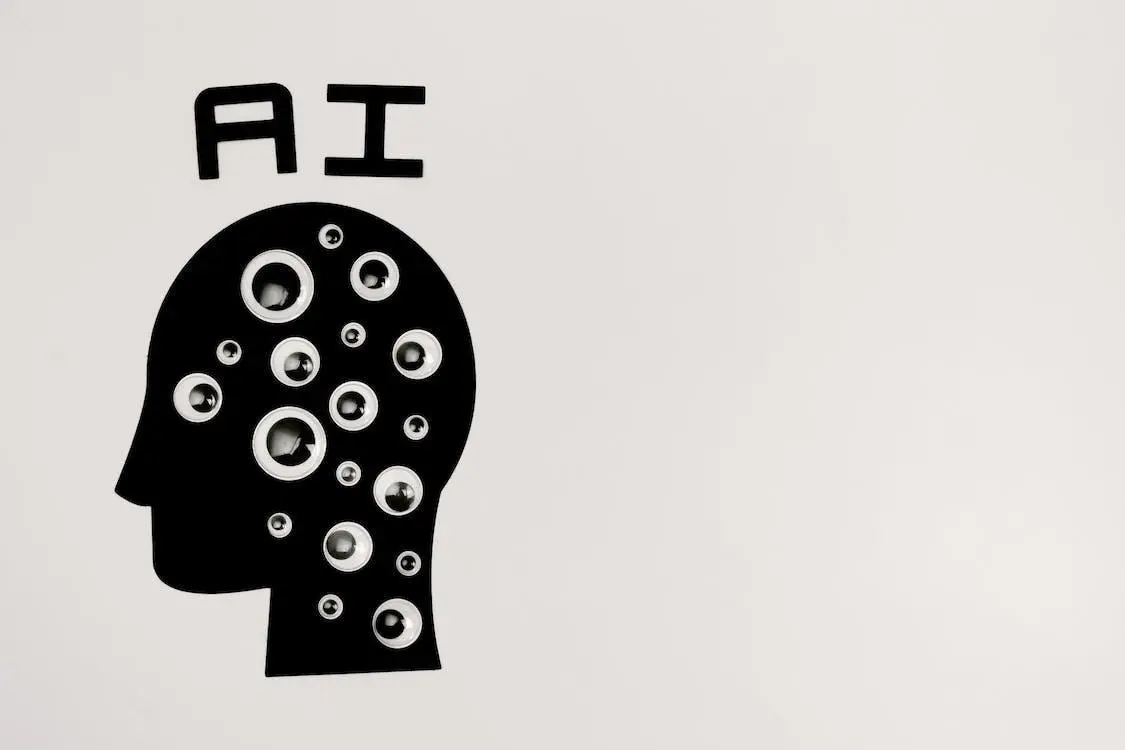Exploring the Potential of Quantum Computing in Modern Technology
Quantum computing, as a concept, has existed for a few decades, but its potential in modern technology is profound. By harnessing the core tenets of quantum mechanics, this revolutionary innovation presents a multitude of functionalities that exceed the existing approaches utilized in the field of computing.

If quantum computers achieve their maximum capabilities, they possess the capacity to revolutionize numerous sectors entirely. This includes but is not limited to artificial intelligence (AI), financial modeling, weather prediction, and drug development.
Quantum computing and AI: the perfect synergy
The intersection of quantum computing and artificial intelligence presents an exciting frontier for tech firms. Platforms like dataloop.ai are progressively embracing this synergy to develop groundbreaking solutions.
In leveraging the power of quantum computing, they provide a revolutionary data infrastructure and an AI-focused data operating system. They are renowned for their cloud platform that enables businesses to expedite AI development, offering a comprehensive data development stack that facilitates collaboration between human and machine intelligence.
Cloud platforms aid businesses in accelerating AI development and implementation, ensuring scalability and security. They include application extension and lifecycle management for unstructured data. They empower AI teams to collaborate, visualize, process datasets, and merge human and machine intelligence while providing cloud-based scalability, security, and reliability.
The potential impact of quantum computing on cybersecurity
A prominent sphere where quantum computing could make a significant impact is cybersecurity. Currently, encryption methods are designed to be unbreakable by conventional computers. However, a sufficiently powerful quantum computer could easily crack these codes, necessitating the development of quantum-resistant algorithms.
Quantum computing could also facilitate the creation of virtually unhackable networks. Quantum key distribution (CKD) for instance, allows the detection of any attempts to intercept communication, thus enhancing security.
Cybersecurity depends on mathematical intricacies, such as factoring large numbers, which typical computers cannot handle. By using superposition and entanglement, quantum computers can simultaneously process large amounts of data and solve such problems in a fraction of the time. This flaw immediately jeopardizes encryption technologies such as RSA, which underlie much of today’s digital security.
Furthermore, quantum technology may be useful in this regard. QKD demonstrates quantum computing’s dual function in cybersecurity. While it may degrade existing systems, it also offers next-generation security solutions that exploit the unique qualities of quantum physics to safeguard data at unprecedented levels.
Quantum computing in healthcare and pharmaceutical industries
Quantum computing has the potential to completely transform the fields of healthcare and pharmaceuticals by revolutionizing the way drugs are discovered and diseases are understood. Through the rapid analysis and interpretation of extensive data, quantum computers can contribute to exploring novel pharmaceuticals, creating individualized treatment strategies, and anticipating and mitigating illnesses.
The vast possibilities of quantum computing in contemporary technology are boundless. The potential for groundbreaking advancements in data infrastructure is unparalleled due to its seamless integration with AI. Enhancing cybersecurity measures may result in developing highly fortified networks, whereas the healthcare and pharmaceutical sectors might experience accelerated drug exploration and disease mitigation progress.
The fast growth of quantum computing shows that this revolutionary technology might transform several sectors. However, building fully functioning quantum computers requires overcoming several technological challenges. The prospects of quantum computing are filled with anticipation, and delving into its potential influence on contemporary technology is worth embarking upon.

